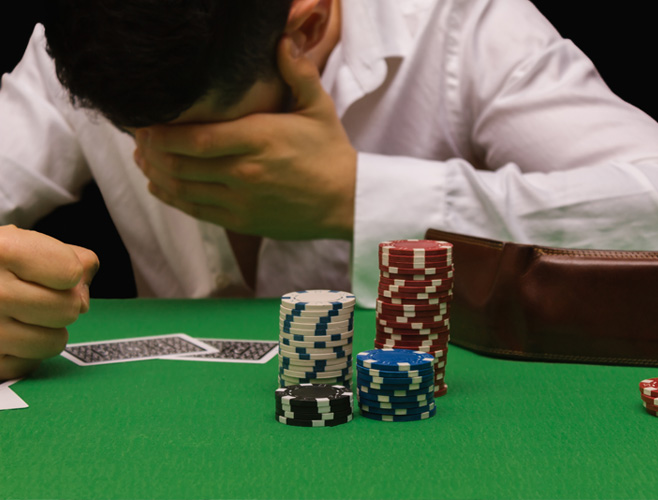Gambling Addiction Treatment
Gambling Addiction Treatment in Ontario: Compassionate, Evidence-Based Care to Reclaim Your Life
Gambling addiction doesn’t have to control your future—it’s a challenge you can overcome. At Metamorphosis Centre for Change in Wasaga Beach, Ontario, we’re here to help you break free from the destructive cycle of compulsive gambling and reclaim control of your life. Gambling addiction can wreak havoc on your finances, relationships, and mental health, but with the right support, you can turn it all around. This is where your transformation begins.
 Our Empowering Approach to Gambling Addiction
Our Empowering Approach to Gambling Addiction
At Metamorphosis, we know that gambling addiction is more than just a habit—it’s a complex condition that can feel overwhelming. But here’s the truth: you can break free. Through a combination of individual counseling, group therapy, and family support, we help you uncover the root causes of your gambling behavior. You’ll learn powerful tools and strategies to regain control and build a foundation for long-term recovery.
It’s not just about stopping the behavior—it’s about transforming your mindset and creating lasting change.
Tailored Residential Treatment for Real Change
You deserve a treatment plan that’s as unique as you are. That’s why our residential treatment programs—ranging from 4 to 12 weeks—are tailored to fit your specific needs. Whether you’re battling gambling addiction alone or dealing with co-occurring mental health conditions like depression, anxiety, or PTSD, our program provides a safe, structured environment to help you focus on healing.
This is more than recovery—it’s a fresh start. In our supportive setting, you’ll have the time and space to rediscover your strengths and build the life you want, free from the control of addiction.
Ongoing Support Through Aftercare: A Lifelong Commitment to Your Success
Recovery doesn’t end when you leave our doors—it’s just the beginning. At Metamorphosis, we believe in supporting you for the long haul. That’s why we offer aftercare programs designed to prevent relapse and provide continuous guidance as you navigate life after treatment. From weekly counseling sessions to relapse prevention strategies, we make sure you’re equipped with everything you need to stay strong and thrive.
Your journey doesn’t stop at recovery—it’s about building a life you’re excited to live.
Consultation with A Professional Now (24/7 Support)
Frequently Asked Questions (FAQs) About Gambling Addiction Treatment
What does gambling addiction treatment involve?
Our program includes a mix of individual and group therapy, family support, and personalized strategies to address compulsive gambling behaviors and their root causes. We help you break the cycle and develop healthier habits for long-term success.
How long does treatment last?
Our residential programs last between 4 to 12 weeks, depending on your individual needs. We tailor your treatment to give you the best chance at lasting recovery.
What aftercare services do you offer?
We offer structured aftercare programs and continuation of care, including weekly counseling sessions, ongoing support, and relapse prevention strategies—because we believe in supporting you beyond treatment.
Can co-occurring mental health issues be treated?
Yes, we specialize in treating gambling addiction alongside mental health disorders like anxiety, depression, and PTSD. We focus on healing the whole person for a comprehensive recovery.
At Metamorphosis Centre for Change, we believe in your power to break free from gambling addiction and build a life of freedom, purpose, and fulfillment. This is your moment to take control— and we’re here to help you every step of the way. If you’re ready to make a change, reach out today.
Together, we’ll help you create the future you deserve.
Your new life is waiting. Let’s start building it.


